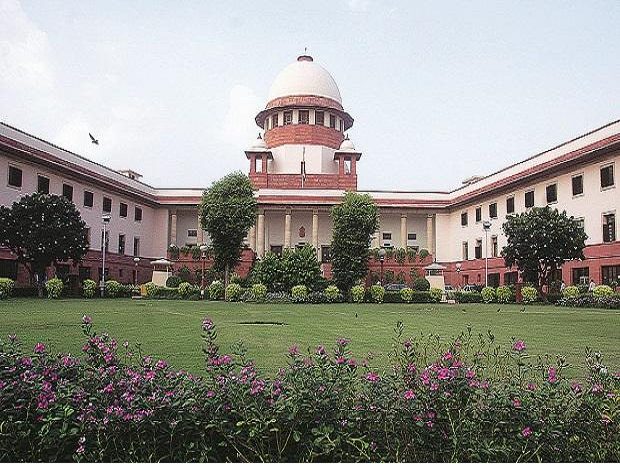Table of Content
On Tuesday, the Supreme Court struck down the West Bengal law on regulating the real estate sector saying it was "unconstitutional" as the state's encroached upon the Center's Real Estate (Regulation and Development) Act (RERA).
The superior court also said that WB HIRA has not included valuable guarantees for home buyers.
A bench of judges DY Chandrachud and MR Shah said that the West Bengal Housing Industry Regulation Act (HIRA) of 2017 is more or less just like the Center's RERA and therefore repugnant to the law of the Parliament.
"The state law has encroached upon the domain of the Parliament and hence is unconstitutional," the verdict said.
However, he said home buyers who purchased real estate under state law before the ruling will not have to worry about their registration and other actions remaining in effect.
The ruling was based on an appeal by the People Collective Efforts Forum, an umbrella association of home buyers, which questions the constitutional validity of the West Bengal Housing Industry Regulation Act of 2017, which somewhat coincides with the RERA from the center.
Judge Chandrachud said, in delivering the verdict via videoconference, that the essential features of WB HIRA overlap and it is RERA's word-for-word version of the center.
The body, which issued a lengthy ruling in the case, said that WB HIRA touches Tickets 6 and 7 of the concurrent list occupied by the law approved by Parliament and established a parallel system in the country.
"The state doing so is plainly unconstitutional," the bench said, adding that provisions in the legislation show that there is repugnancy in WB HIRA and RERA.
 "WB HIRA is directly in conflict with RERA, without any valuable safeguards for the home buyers", the bench said, adding that it is invoking powers under Article 142 to hold that registrations of properties done under the state law before its verdict, will be valid.
During the hearing on the petition, the Supreme Court questioned whether the state, on behalf of the cooperative federation, was enacting legislation under the concurrent list to address the same issues on which Parliament had enacted the law.
He noted that both the Centro Real Estate Regulatory Agency and the Centro's Hera Bank were in charge of providing relief to home buyers and promoting the real estate sectors, but some provisions of state legislation directly contradict the law passed by Parliament. .
The Supreme Court said the state can have legislation but to replace the law of the center and not be a direct dispute or abolish it and say: "Now we will not follow your law but our law.
He has questioned why a country would pass a similar law when there is already a law passed by Parliament, and said that many of the provisions of WB HIRA are incompatible with RERA for the center.
"WB HIRA is directly in conflict with RERA, without any valuable safeguards for the home buyers", the bench said, adding that it is invoking powers under Article 142 to hold that registrations of properties done under the state law before its verdict, will be valid.
During the hearing on the petition, the Supreme Court questioned whether the state, on behalf of the cooperative federation, was enacting legislation under the concurrent list to address the same issues on which Parliament had enacted the law.
He noted that both the Centro Real Estate Regulatory Agency and the Centro's Hera Bank were in charge of providing relief to home buyers and promoting the real estate sectors, but some provisions of state legislation directly contradict the law passed by Parliament. .
The Supreme Court said the state can have legislation but to replace the law of the center and not be a direct dispute or abolish it and say: "Now we will not follow your law but our law.
He has questioned why a country would pass a similar law when there is already a law passed by Parliament, and said that many of the provisions of WB HIRA are incompatible with RERA for the center.







